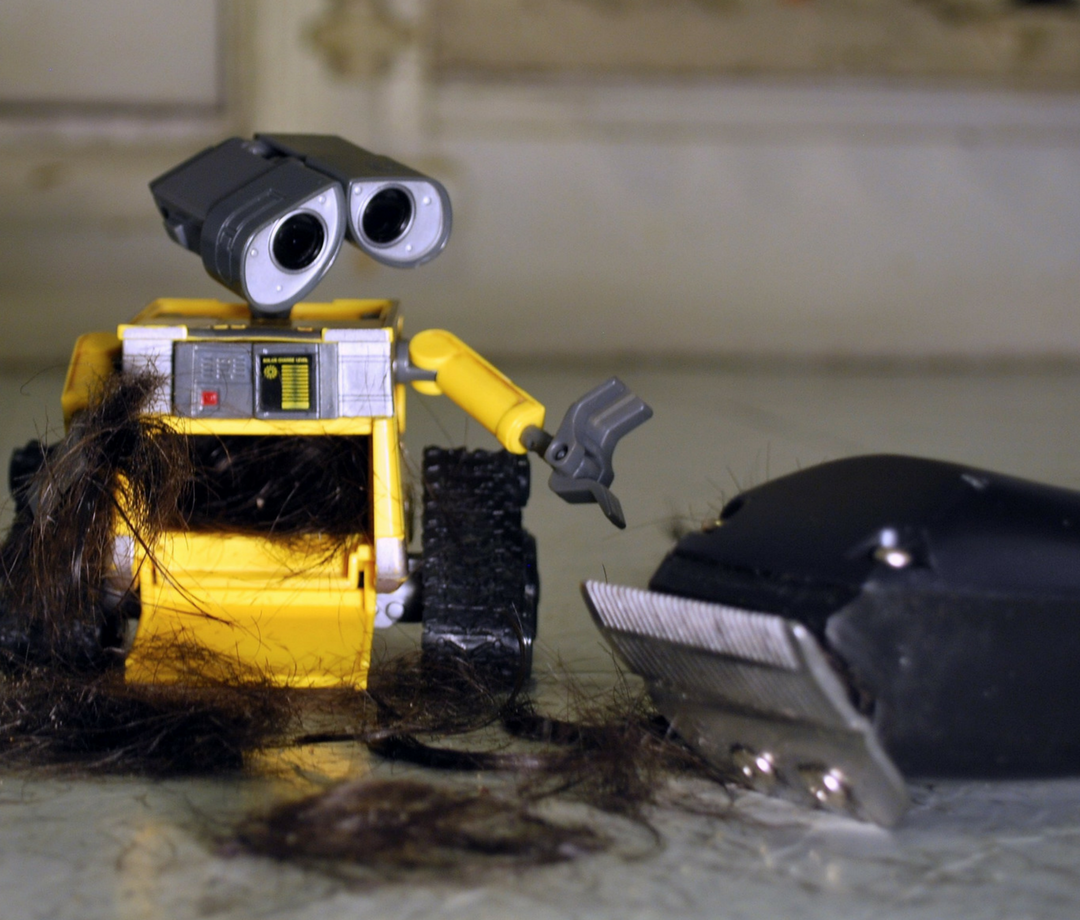Ludicrous Licensing

Adam Crain
Former Governor Mark Sanford once remarked that “what we want to do is avoid laws on the books that don’t pass the Comedy Central litmus test.”[i] He had just signed a law that eliminated the requirement that hair salon employees who shampoo customer’s hair must be a licensed cosmetologist and thus complete 1,500 hours of training.
It was indeed a laughable requirement but thanks to Governor Sanford and the bill’s main sponsor, then-Representative Nikki Haley, South Carolina is no longer one of the five states that still require such regulation of “shampooers.”
Of course, just because we struck one opportunity-blocking law, does not mean our state is free from others. Far from it!
According to the Institute for Justice’s (IJ) recent report, License to Work, South Carolina is the “tenth most extensively and onerously licensed state” and has the “fourteenth most burdensome licensing laws.”[ii]
In other words, plan on getting the government’s blessing if you’d like to do work in South Carolina – a blessing that costs an average of $166 and 402 days of your life for training, by the way!
Certainly we can agree that for public safety and the common good, some occupations – say your doctor for instance – should meet clear licensing criteria. But what about jobs where lives aren’t on the line? Do our often burdensome licensing processes pass the common sense test? The IJ report studied 102 low to middle income jobs in the United States and ranked each state according to how hard it is to prepare to work in these fields.
The point: over-burdensome occupational licensing requirements are barriers to the entry of thousands of people into the job market with quality skills that they could use to make a living.
Is it really a public safety issue? Doubtful. Are the men and women in the five states who do license shampooers really better off than all of us here in the Palmetto State? No. And for the sake of argument, let’s say someone is a really lousy shampooer. Consumers have a way of dealing with that problem: they find someone else to wash their hair!
And the length and cost of training doesn’t always line up as you might imagine. For instance, a license to become a barber in the state of South Carolina will set you back about $165 and 350 days worth of training. On the other hand, becoming an Emergency Medical Technician (EMT) will cost you $107 and 33 days worth of training. Not to minimize the importance of a good haircut, but should that really take more training time than an EMT?
And people on both sides of the aisle are asking these same questions. President Obama framed the issue like this:[iii]
“Research shows that licensing can not only reduce total employment in licensed professions, but also that unlicensed workers earn roughly 7 percent lower wages than licensed workers with similar levels of education, training, and experience.
In addition, the patchwork of state-by-state licensing rules leads to dramatically different requirements for the same occupations depending on the state in which one lives, burdening workers who aim to move across state lines – including, for example, military spouses who move frequently.”
The White House is right, the Palmetto State and her people are hurt by arcane licensing requirements that stifle entrepreneurship and burden families.
It’s time to examine and roll back burdensome occupational licensing requirements that create barriers to opportunity and hurt South Carolina workers.
[i] Petit, Brad. “Governor Says Shampooing Bill Small Step in Addressing Head-scratching Laws.” SCNow. N.p., 14 May 2008. Web. 22 Nov. 2016.
[ii] Carpenter, Dick, Ph.D., Lisa Knepper, Angela Erickson, and John Ross. “License to Work – Institute for Justice.” Institute for Justice. Web. 22 Nov. 2016.
[iii] “FACT SHEET: New Steps to Reduce Unnecessary Occupation Licenses That Are Limiting Worker Mobility and Reducing Wages.” The White House. The White House, 17 June 2016. Web. 22 Nov. 2016.




